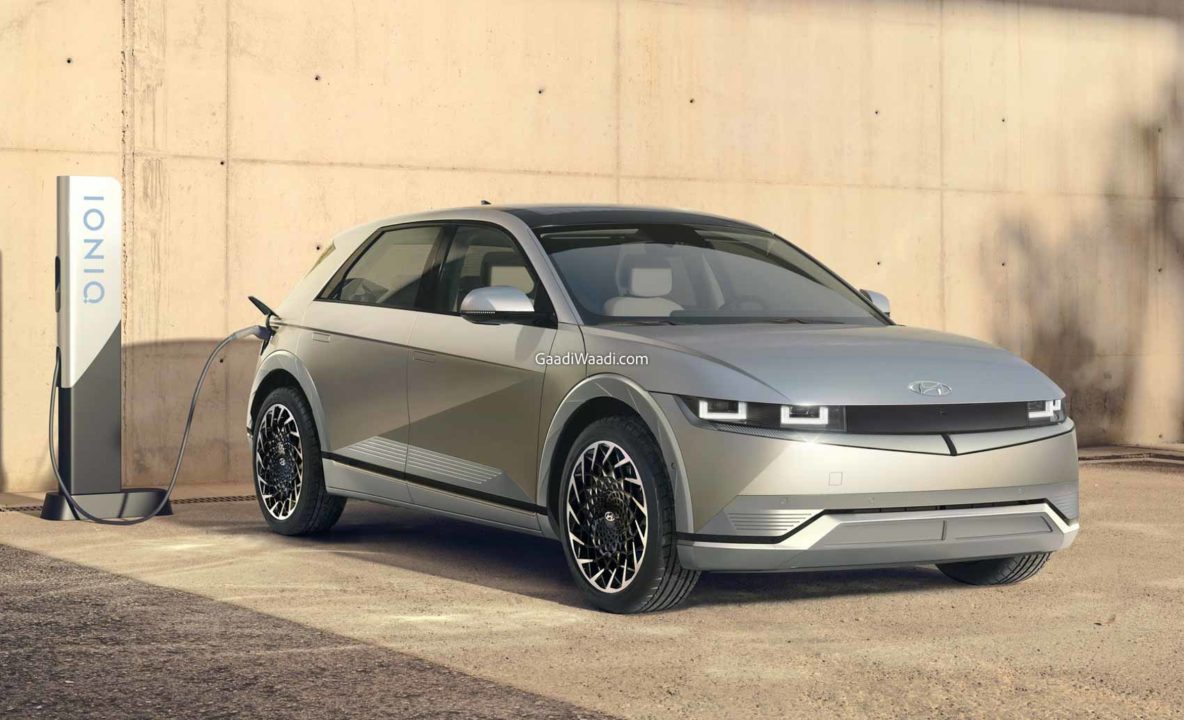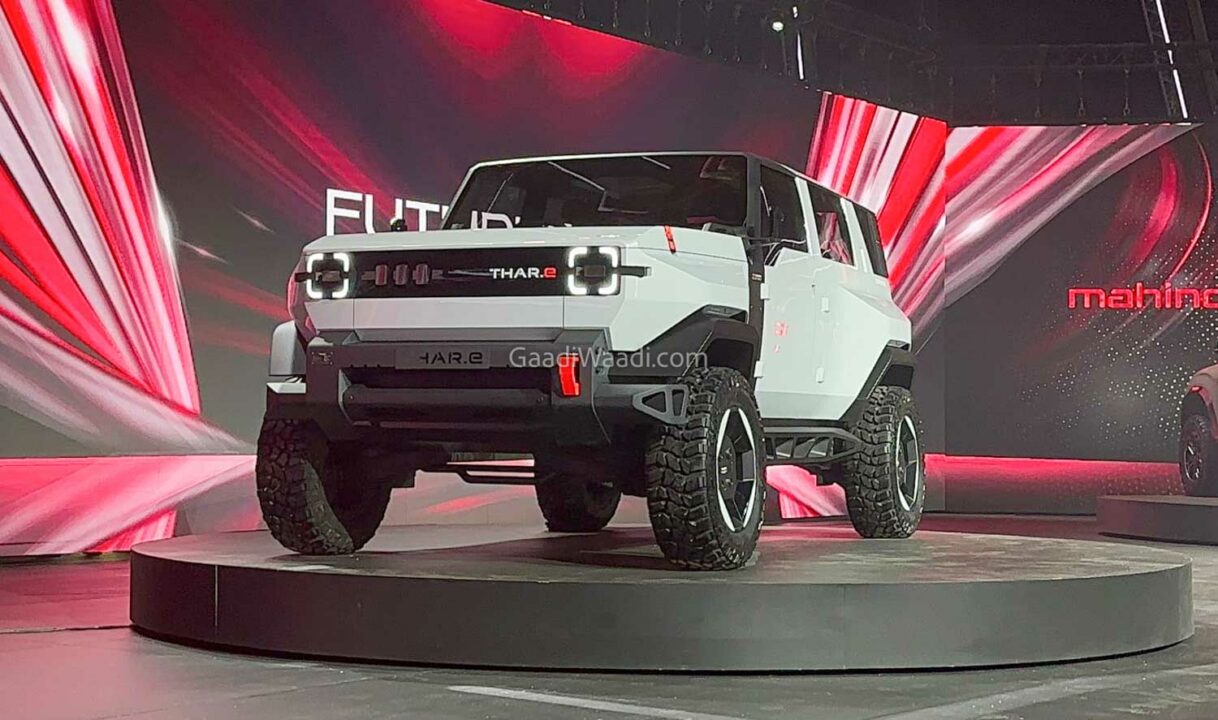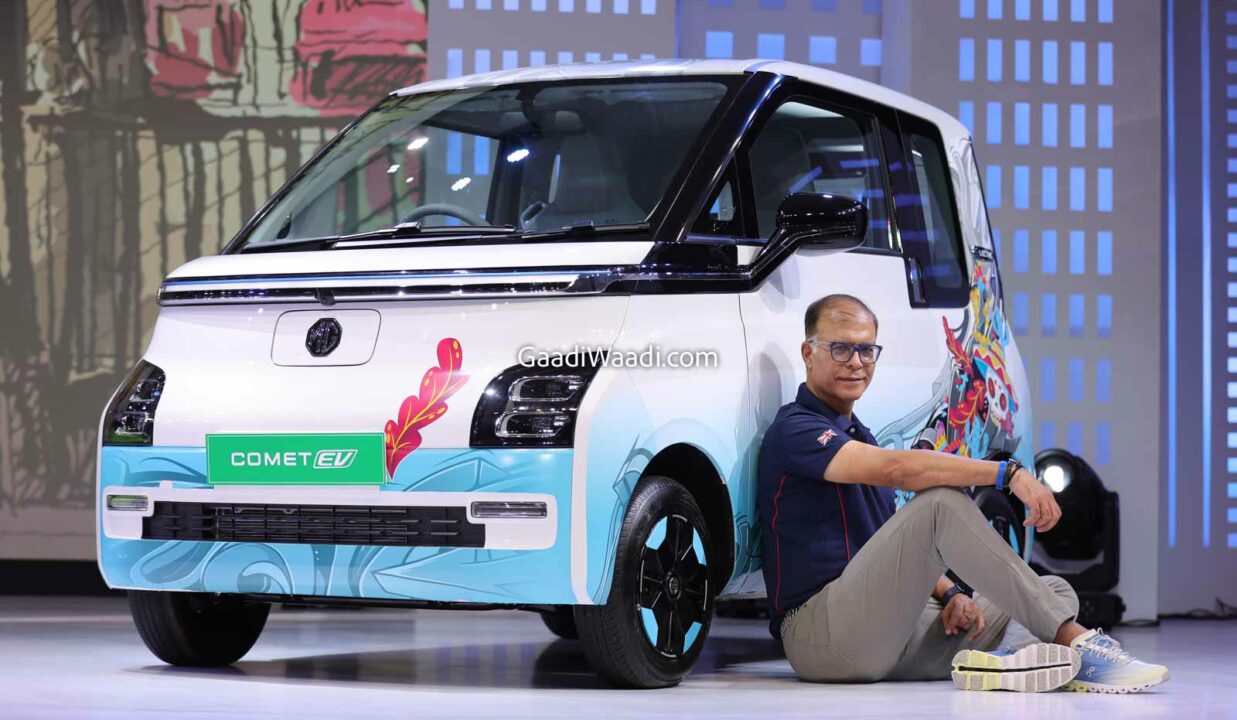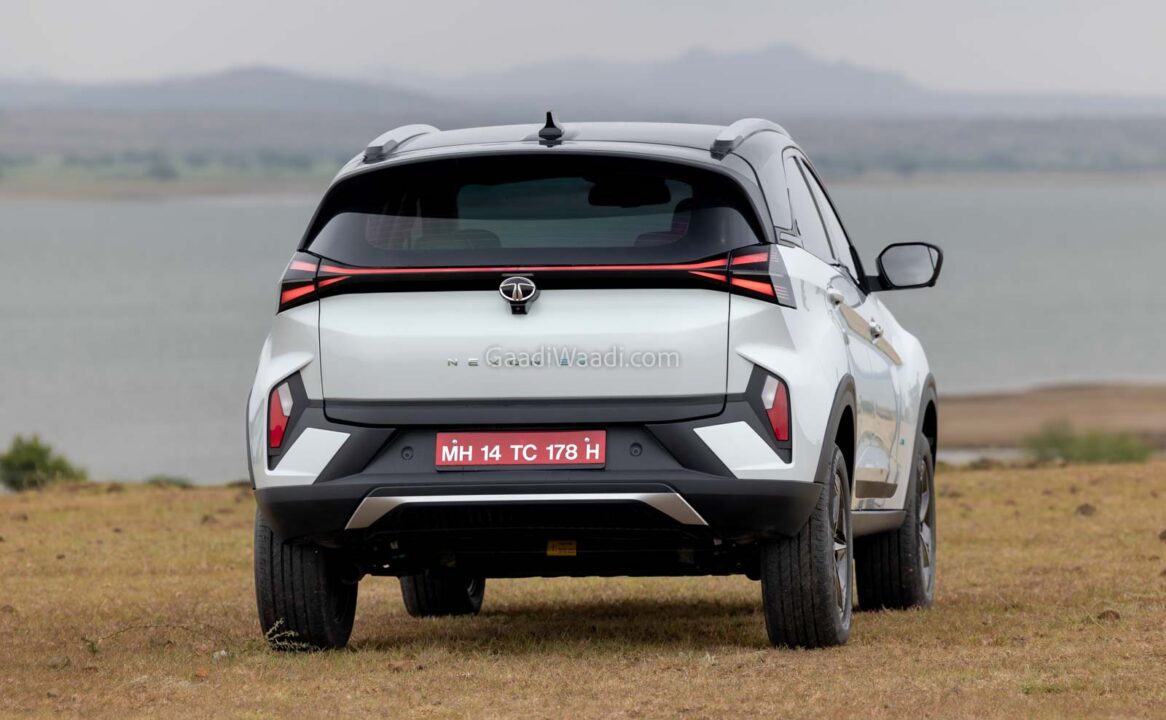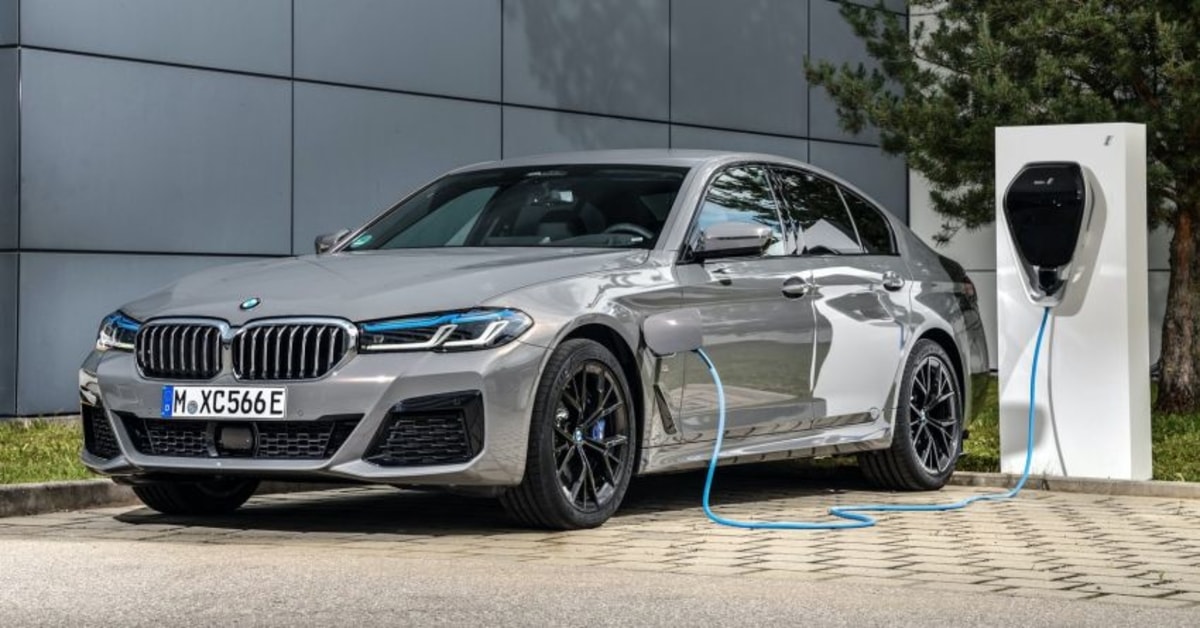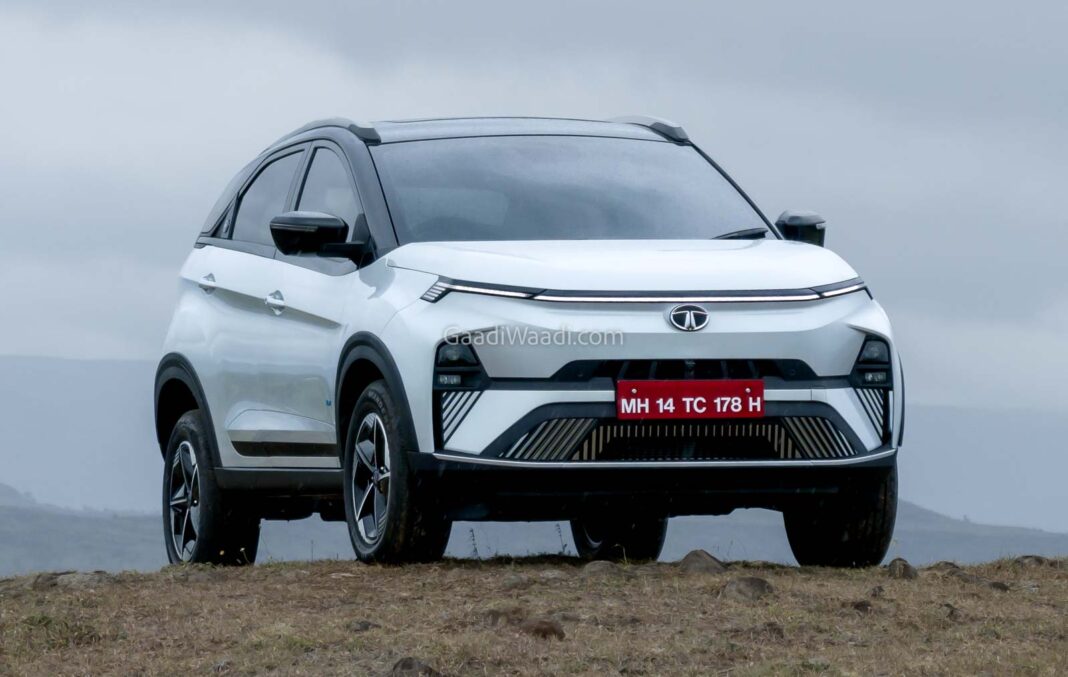
Explore the journey of electric cars in India, from challenges to solutions, as they revolutionize mobility and contribute to a sustainable future for the nation
India is at the cusp of a transportation revolution, with electric vehicles (EVs) poised to play a pivotal role in shaping the country’s automotive landscape. As the world grapples with the growing concerns of climate change and air pollution, the adoption of electric cars in India is not just an option but a necessity.
This article explores the promising future of electric cars in India, highlighting the factors driving their growth, the challenges they face, and the transformative impact they are set to have on the nation.
Factors driving their growth:
1) Government Initiatives
The Indian government has been instrumental in promoting the adoption of electric cars. One of the landmark initiatives is the Faster Adoption and Manufacturing of Hybrid and Electric Vehicles (FAME) scheme. FAME offers incentives and subsidies to manufacturers and consumers to make EVs more affordable. Additionally, India aims to have 30% of all vehicles on its roads electric by 2030, demonstrating its commitment to a sustainable future.
2) Environment and Pollution
India is home to some of the most polluted cities globally, and its burgeoning urban population is demanding cleaner air. Electric cars produce zero tailpipe emissions, making them a vital tool in the fight against air pollution. The shift to electric vehicles will lead to reduced emissions, improving air quality and public health.
3) Economic Benefits
Electric cars are not only environmentally friendly but also economically advantageous. Over the long term, they are cheaper to operate and maintain compared to traditional internal combustion engine vehicles. Lower fuel and maintenance costs, coupled with government incentives, make electric cars an attractive option for cost-conscious consumers.
4) Growing Charging Infrastructure
One of the initial challenges of electric vehicle adoption was the lack of charging infrastructure. However, India has made significant strides in this regard. Public and private entities are rapidly expanding the charging network across the country. With increasing charging stations, the range anxiety associated with electric cars is diminishing, making them more viable for everyday use.
5) Technological Advancements
The global electric vehicle industry has witnessed remarkable advancements in battery technology. Longer ranges and faster charging times are becoming standard features in EVs. Indian manufacturers are also investing in research and development to produce high-performance batteries, further bolstering the appeal of electric cars.
6) Indigenous Electric Vehicle Manufacturers
Several Indian companies have embraced electric vehicle technology and are striving to be at the forefront of the EV revolution. Brands like Tata Motors, Mahindra & Mahindra, and Ola Electric are developing and manufacturing electric cars tailored to the Indian market. This indigenous production not only boosts the domestic EV industry but also contributes to the “Make in India” initiative.
Challenges
While the future of electric cars in India is promising, several challenges must be addressed for widespread adoption.
1) High Initial Cost
Electric cars are still relatively expensive compared to their gasoline counterparts due to the cost of batteries. Although government incentives help, reducing the upfront cost of EVs remains a challenge.
2) Limited Range
Despite advancements, the range of electric cars remains a concern for potential buyers, especially in a vast country like India. Continued investments in battery technology are essential to improve the range and charging infrastructure.
3) Charging Infrastructure
While progress has been made, the charging infrastructure in India still needs expansion and standardization. A more extensive network and faster-charging options will alleviate concerns about the availability and accessibility of charging points.
4) Consumer Awareness
Many consumers in India are unaware of the benefits of electric cars and are apprehensive about the technology. Effective awareness campaigns and education are necessary to dispel myths and misconceptions.
Conclusion:
The future of electric cars in India is undoubtedly bright, with a confluence of government support, environmental consciousness, and technological advancements driving the transition. As the nation works towards its ambitious goal of electrifying 30% of its vehicles by 2030, electric cars will become an integral part of the Indian automotive landscape.
While challenges persist, they are not insurmountable, and with concerted efforts from all stakeholders, India can pave the way for a cleaner, greener, and more sustainable transportation future. As consumers become more informed and the infrastructure continues to improve, electric cars will not just be the future but also the present of mobility in India.

